Weight loss has long been an uphill struggle for individuals seeking to enhance their overall health and well-being, necessitating lifestyle modifications, exercise routines and an effective weight loss program. Over the years, various weight-loss medications have been introduced – each offering different degrees of success with potential downsides; one such weight-loss drug was recently announced: Retatrutide, which may offer superior solutions than existing weight reduction products like Ozempic, Mounjaro, or Wegovy.
Retatrutide has quickly emerged as an exciting new weight-loss medication, showing remarkable results in mid-stage clinical trials. Participants with obesity who received the highest dose experienced weight losses equivalent to nearly 24% or approximately 60 pounds after 48 weeks; surpassing results achieved with existing medications like Ozempic, Wegovy and Mounjaro.
Retatrutide belongs to a class of medications called GLP-1 receptor agonists that mimic its action; GLP-1 regulates appetite, glucose metabolism, and stomach emptying by acting similarly. Retatrutide targets the brain regions responsible for hunger regulation by interfacing with three key elements of metabolic regulation – GIP (glucagon-dependent insulinotropic polypeptide), GLP-1, and glucagon receptors – with the purpose of managing hunger and satiety simultaneously. Its primary goal is regulating both hunger and satiety simultaneously. GLP-1 helps lower blood sugar by stimulating insulin production and increasing satiety to decrease food intake; GIP enhances insulin release when foods high in sugar content are eaten; while glucagon boosts levels if they drop too low; all contributing to weight loss and managing blood sugar effectively.
Clinical trials have demonstrated the superior efficacy of Retatrutide over other weight-loss medications like Ozempic and Mounjaro for increasing weight loss. With its extended half-life enabling once weekly dosing for easier patient compliance than medications needing daily intake, Retatrutide not only aids weight loss, but helps regulate blood sugar levels as well as managing obesity-associated type 2 diabetes; furthermore research suggests it could potentially lower cardiovascular risks providing long-term weight-loss solutions.
Retatrutide and Ozempic both act as GLP-1 receptor agonists; however, retatrutide goes one step further by targeting GIP and glucagon receptors for optimal weight loss with just once-weekly dosing. Retatrutide works like Mounjaro to target GLP-1, GIP and glucagon receptors simultaneously while including additional activities related to glucagon receptors for increased efficacy of weight loss while simultaneously decreasing dosing frequency; further more convenient than Wegovy for weight management!
Clinical trial results of retatrutide’s weight-loss potential are encouraging; they show it could outshine current medications for treating obesity, giving hope to those struggling. Its therapeutic potential also lies in managing and treating type 2 diabetes simultaneously, providing individuals living with both conditions with an adaptable solution.
Retatrutide is an innovative new weight-loss medication that promises significant weight-loss results with wider application compared to current options like Ozempic, Mounjaro, and Wegovy. Offering greater efficacy and convenience capabilities, retatrutide could become an essential weapon against obesity-related health concerns.




